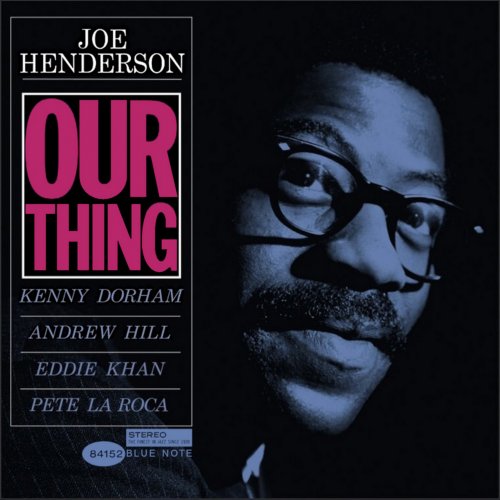Luiz Bonfa - Composer Of Black Orpheus Plays And Sings Bossa Nova (2014)[Hi-Res]
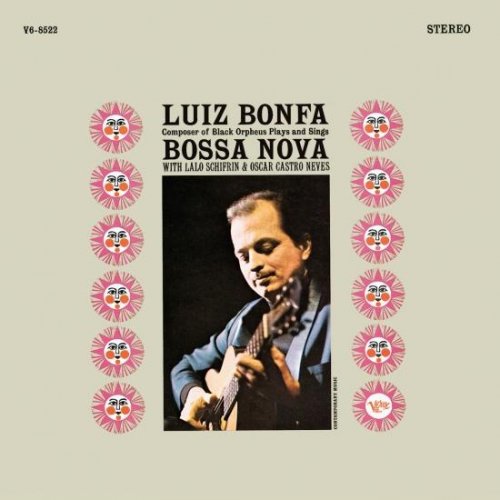
Artist: Luiz Bonfa
Title: Composer Of Black Orpheus Plays And Sings Bossa Nova
Year Of Release: 2014
Label: Universal / Verve
Genre: Jazz, Latin Jazz, Bossa Nova
Quality: 24bit-192.0 kHz FLAC (tracks)
Total Time: 35:21
Total Size: 1.5 GB
WebSite: Album Preview
Tracklist:Title: Composer Of Black Orpheus Plays And Sings Bossa Nova
Year Of Release: 2014
Label: Universal / Verve
Genre: Jazz, Latin Jazz, Bossa Nova
Quality: 24bit-192.0 kHz FLAC (tracks)
Total Time: 35:21
Total Size: 1.5 GB
WebSite: Album Preview
1. Luiz Bonfa, Oscar Castro-Neves, Lalo Schifrin - Samba De Duas Notas
2. Luiz Bonfa, Oscar Castro-Neves, Lalo Schifrin - Vem So
3. Luiz Bonfa, Oscar Castro-Neves, Lalo Schifrin - Sambalamento
4. Luiz Bonfa, Oscar Castro-Neves, Lalo Schifrin - Tristeza
5. Luiz Bonfa - Manha De Carnaval
6. Luiz Bonfa, Oscar Castro-Neves, Lalo Schifrin - Silencio Do Amor
7. Luiz Bonfa - Domingo A Noite
8. Luiz Bonfa, Oscar Castro-Neves, Lalo Schifrin - Ilha De Coral
9. Luiz Bonfa, Oscar Castro-Neves, Lalo Schifrin - Adeus
10. Luiz Bonfa, Oscar Castro-Neves, Lalo Schifrin - Quebra Mar
11. Luiz Bonfa, Oscar Castro-Neves, Lalo Schifrin - Amor Que Acabou
12. Luiz Bonfa, Oscar Castro-Neves, Lalo Schifrin - Chora Tua Tristeza
13. Luiz Bonfa, Oscar Castro-Neves, Lalo Schifrin - Bossa Nova Cha Cha
Alongside Joao Gilberto and Antonio Carlos Jobim, Luiz Bonfa (the co-composer of BLACK ORPHEUS) is one of the original trailblazers of the bossa nova sound. Released in 1962 on Verve, „Plays And Sings Bossa Nova“ can safely be certified a classic of the genre. Elegant, lyrical, rhythmic, and a showcase for Bonfa's deft guitar technique and sweet, unassuming singing, „Plays And Sings“ is an album that will sound good to almost anyone, at any time.
Brazilian composer and guitarist Luiz Bonfa scored an international hit with the poignant ballad 'Manha de Carnaval' in 1959. It was heard in the brilliant film Orfeo Negra (Black Orpheus), which retold the myth of Orpheus, setting it in the vast favelas — the hillside slums ringing the cities of Brazil — during the week of Carnival. The film and the song put Bonfa in the forefront of a wave of tremendous musical talent. Along with Antonio Carlos Jobim and João Gilberto, he became famous for his gently swinging melodies, which blended Brazilian folk, pop, and the classical repertoire. And jazz: In 1958 and 1959, Bonfa concertized with Mary Martin, and jazz became increasingly important to him.
Bonfa went on to cut dozens of albums, including a critically acclaimed comeback in the 1990s. Plays and Sings Bossa Nova, Bonfa’s first and only solo album for Verve, is vintage. Made in 1962, when bossa nova was new to Americans, the album contains two distinct sets. The first features an intimate Bonfa and his trio, performing his arrangements and compositions. As a singer, he is very much in the relaxed tradition of Jobim; as a guitarist, his style is subtly swinging yet precise, especially suited to ballads like the lovely 'Samba de Duas Notas' and 'Vem So'. The second set contains Bonfa’s guitar framed by the orchestrations of the emerging Argentinian composer and arranger Lalo Schifrin, who would himself go on to a highly successful career.
Luiz Bonfa, vocals, guitar
Maria Helena Toledo, vocals
Leo Wright, flute
Oscar Castro-Neves, piano, organ, guitar
Iko Castro-Neves, bass
Roberto Pontes-Dias, drums, percussion
Lalo Schifrin, arranger
Recorded at A&R Recording Studios, New York, New York on December 26 & 31, 1962
Digitally remastered
Brazilian composer and guitarist Luiz Bonfa scored an international hit with the poignant ballad 'Manha de Carnaval' in 1959. It was heard in the brilliant film Orfeo Negra (Black Orpheus), which retold the myth of Orpheus, setting it in the vast favelas — the hillside slums ringing the cities of Brazil — during the week of Carnival. The film and the song put Bonfa in the forefront of a wave of tremendous musical talent. Along with Antonio Carlos Jobim and João Gilberto, he became famous for his gently swinging melodies, which blended Brazilian folk, pop, and the classical repertoire. And jazz: In 1958 and 1959, Bonfa concertized with Mary Martin, and jazz became increasingly important to him.
Bonfa went on to cut dozens of albums, including a critically acclaimed comeback in the 1990s. Plays and Sings Bossa Nova, Bonfa’s first and only solo album for Verve, is vintage. Made in 1962, when bossa nova was new to Americans, the album contains two distinct sets. The first features an intimate Bonfa and his trio, performing his arrangements and compositions. As a singer, he is very much in the relaxed tradition of Jobim; as a guitarist, his style is subtly swinging yet precise, especially suited to ballads like the lovely 'Samba de Duas Notas' and 'Vem So'. The second set contains Bonfa’s guitar framed by the orchestrations of the emerging Argentinian composer and arranger Lalo Schifrin, who would himself go on to a highly successful career.
Luiz Bonfa, vocals, guitar
Maria Helena Toledo, vocals
Leo Wright, flute
Oscar Castro-Neves, piano, organ, guitar
Iko Castro-Neves, bass
Roberto Pontes-Dias, drums, percussion
Lalo Schifrin, arranger
Recorded at A&R Recording Studios, New York, New York on December 26 & 31, 1962
Digitally remastered
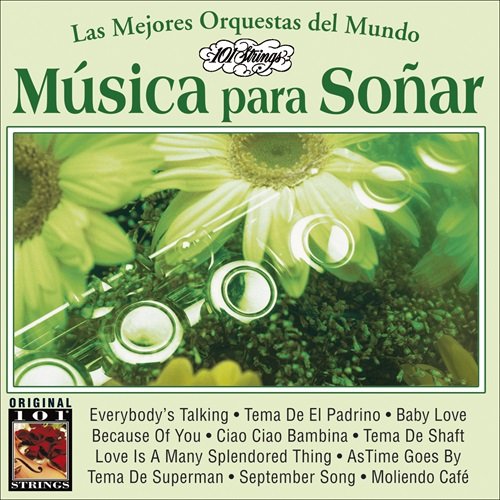
![Alcides Neto - Amú (2026) [Hi-Res] Alcides Neto - Amú (2026) [Hi-Res]](https://img.israbox.com/img/2026-02/26/mtckmw6jmvula60sukh6h3h26.jpg)
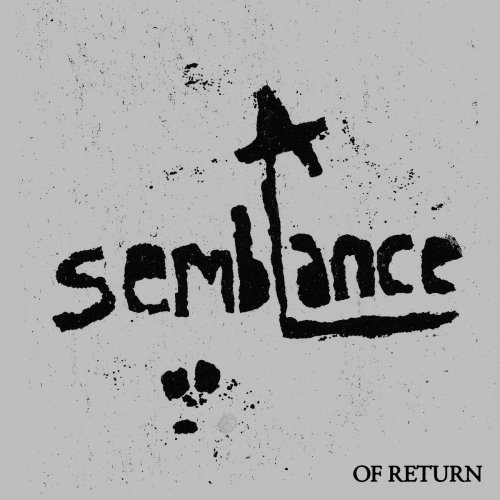
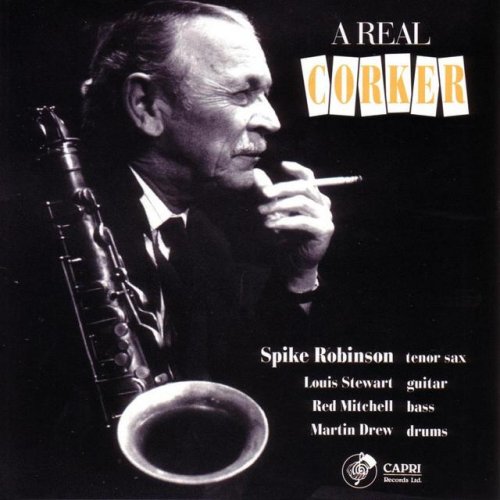
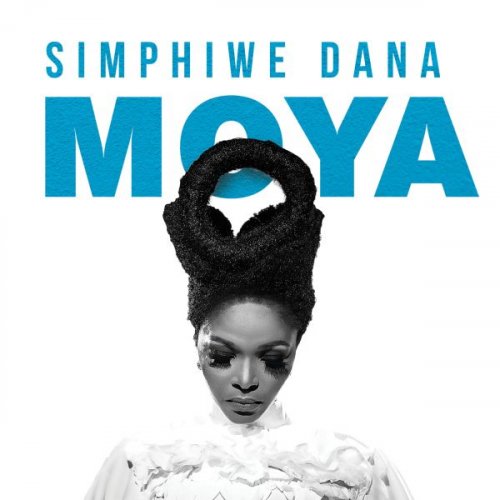
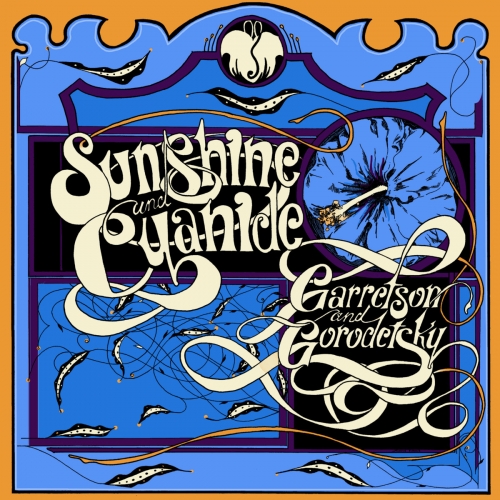
![Samir Aouad - Casablanca (2026) [Hi-Res] Samir Aouad - Casablanca (2026) [Hi-Res]](https://img.israbox.com/img/2026-02/26/cpef8nay7or1kmufgugfd6uy0.jpg)
![VA - 20 Years Into An Infinite Musical Journey (2025) [SACD] VA - 20 Years Into An Infinite Musical Journey (2025) [SACD]](https://www.dibpic.com/uploads/posts/2026-02/1771834929_ff.jpg)
